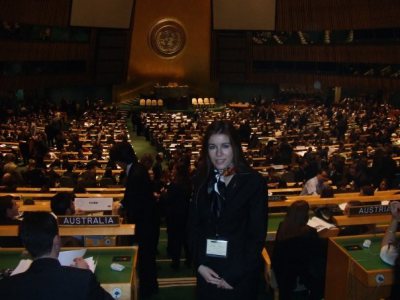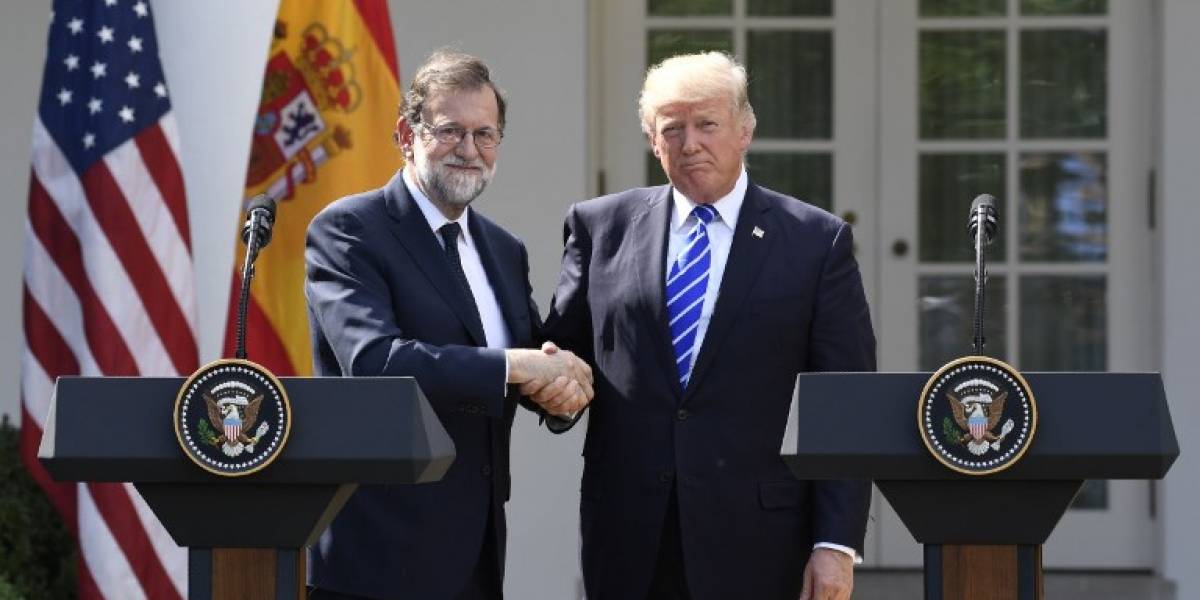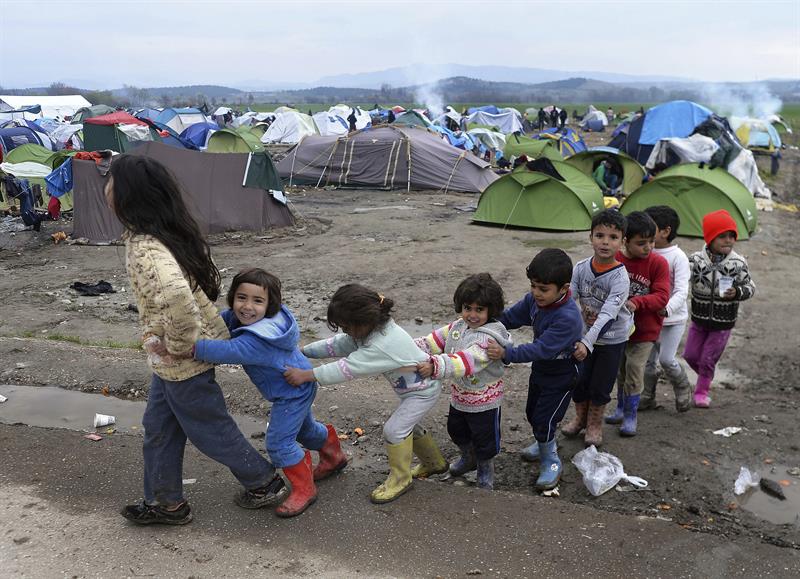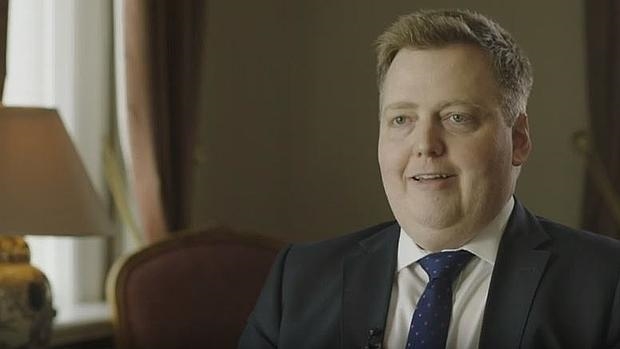Ainhoa Sánchez, 28, is in charge of contacting the colleges and universities from Spain that will later take part in the project Change the World Model UN (CWMUN), which is an international meeting attended annualy in Dubai, New York and Rome by around 1500 students that come from all over the world, to debate the major current issues steamed in the international political agenda. She also does the selection of the students who will take part, as well as their formation and follow-up before and during the project. Furthermore, she is responsible for all the students who come from Spain in the cities where the project is taking place.
Her profession consists on having specific knowledge in regards to the current international issues being discussed in and outside the United Nations.
So as to Ireland Gay Marriage Referendum, she believes that “it is excellent news because it confirms one of the most important principles of the democracies, which is “one person, one vote”.” In effect, she said that, unlike other 17 countries of the world that had already passed in their laws the homosexual marriage, the catholic Ireland has worked out favourable the referendum with 60% of the YES position of the population, when just 20 years ago the homosexuality in this country was penalized by jail.
In reference to the topic of the immigration towards Europe, she pointed out that the secretary general of United Nations (UN), Ban Ki-moon, urged last May 27th to Europe to redouble its efforts to save the lives of the immigrants who venture in the Mediterranean Sea to come to the coasts of the European continent.
Ban defended the urgent adoption of a plan of double action that stops the humanitarian drama of the immigrants. Likewise, he remembered that the developed countries have the obligation to identify the reasons that lead thousands of persons to risk their lives to emigrate in mass and to try to look for solutions in their places of origin.
Ainhoa said that “the EU will need the approval of the UN or of Libya to sink the ships of the mafias that operate in the north of Africa and send immigrants to Europe” and that the secretaries of Exteriors and Defence of the European Union have celebrated a summit to approve measures against the immigrants’ traffic.
In regards to the EU Commission Quota plan, she said that on the part of the European Community, it has been proposed to distribute in an obligatory way between the countries of the EU a total of 40.000 plaintiffs of asylum arrivals to Italy and Greece. Even though, the countries with major quota are Germany and Sweden, it would correspond to Spain to receive approximately 5.200 immigrants, who represent 9,1% of the total. “This system of distribution harms Spain due to the high index of unemployment of our country, which impedes the insertion of immigrants”, she said.
With reference to the elections in United Kingdom, she believes that these have turned out to be a massive support to David Cameron’s Conservative Party, which has overcome the recession in the last 5 years. These unexpected results will “allow completing the economic project of the conservative leader”, Ainhoa said. As for their relations with Europe, the prime minister supports his promise to celebrate a referendum, before the end of 2017, on the permanency of the United Kingdom in the European Union.
As for Angela Merkel´s promise to David Cameron to reform UE treatises, the German Chancellor declared that “wherever there is a desire, there is also a way”. She has hinted that the raised by Cameron is viable in his most, although she has also used the expression “red lines” and that ” Let’s look at the content of what Mr Cameron wants before we assess how – and if – we can achieve it”, leaving for consideration the discussion on whether to reform or not the European agreements.
“It is clear that the weight of Germany in the UE is determinant, and the chancellor demonstrates, in my opinion, a vision of Cameron’s situation that cannot be decided in an assembly formed by 28 states”, Ainhoa said. She also stated “I consider Angela Merkel´s political vision to maintain United Kingdom in the European Union to be wise.”
Finally, concerning the current debility of certain countries such as Greece and Cyprus, an exit of Greece of the Eurozone would be costly. Though Ainhoa thinks “it does not owe so much to the economy of the Eurozone, as it is actually, a small fraction”.
Ainhoa also said that if Greece were moving back from the Eurozone, it would struggle to pay the debt and might declare a suspension of payments. Another cost might be the uncertainty in the economic Eurozone in a moment in which the economy is basically stopped. She believes that if an increase takes place in the cost of the credit and a decrease in the investment, the efforts to re-live the growth in the Eurozone would be stopped.




